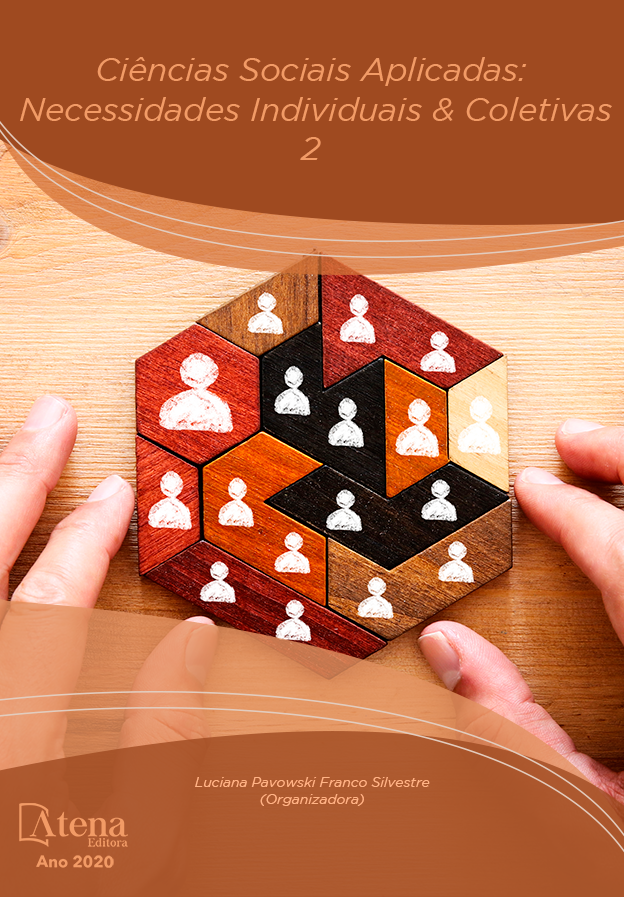
ANCESTRALIDADE E POLÍTICA NA TRAJETÓRIA DE MÃE HILDA DE JITOLU
As religiões de matriz africana no Brasil configuram-se como uma das formas de resistência da população negra à negação de sua humanidade. Nesse sentido, é fundamental, para se compreender os processos de luta da comunidade negra, entender o terreiro como importante espaço de inserção dos indivíduos em relações alternativas àquelas impostas por uma supremacia branca e masculina. Uma característica fundamental desse espaço é a matricentralidade. Ou seja, é o feminino o centro dessas formas de resistência.
Propomos, neste artigo, a reflexão sobre as relações entre ancestralidade e política a partir da trajetória de Mãe Hilda Jilotu (1923-2009), grande yalorixá em Salvador, BA, que além de fundadora do Ilê Axé Jitolu, foi a grande conselheira e matriarca fundadora do Ilê Aiyê. Sob seu terreiro nasce o bloco carnavalesco, que tem por principal prerrogativa a valorização do negro e de suas contribuições para a nação, assim, um bloco de resistência e de luta por direitos da comunidade negra.
ANCESTRALIDADE E POLÍTICA NA TRAJETÓRIA DE MÃE HILDA DE JITOLU
-
DOI: 10.22533/at.ed.63720090918
-
Palavras-chave: ancestralidade; política; candomblé; Ilê Aiyê, carnaval
-
Keywords: ancestrality; policy; candomblé; Ilê Aiyê, carnival
-
Abstract:
The Afro-Brazilians' religions constitute a form of African-American's resistance to denial of their humanity. In this sense, it is essential to understand the struggles of the black community to understand the “terreiro” like an important space for the insertion of individuals in alternative relationships and the variables imposed by white and male supremacy. A fundamental characteristic of this space is matricentrality. That is, it is the feminine the center of these forms of resistance.
In this article, we propose a reflection on the relationship between ancestry and policy based on the trajectory of Mãe Hilda Jilotu (1923-2009), a great religious leader in Salvador, Bahia, founder of Ilê Axé Jitolu. She was a great advisor and founding matriarch of Ilê Aiyê.
-
Número de páginas: 15
- Geander Barbosa das Mercês
- Ayni Estevão de Araujo


